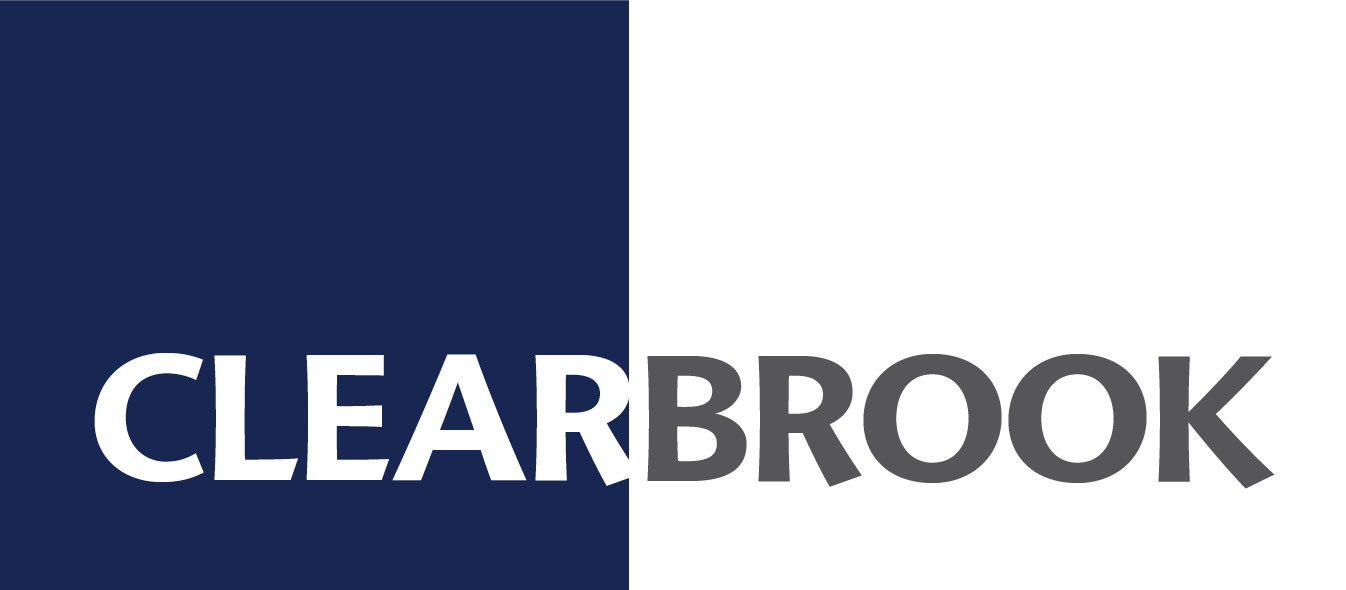Housing is one of the most closely monitored components of the economy as it affects absolutely everyone. Everyone needs a place to sleep. Historically it has been the tried and true path to financial stability and a great way to have someone else give you tax attractive gains. The multiplier effect of building a house is huge as it passes through so many people across all levels of skill and experience. The artificially low interest rates fabricated during the pandemic were actually the stimulant drug to propel housing prices higher and open the doors for investors to walk through. But like every pharmaceutical, the benefits wear off over time.
Offices are re-opening and people who moved to their dream town away from work are starting to have reservations. Owning a home is very different than calling the building’s management company to come change a light bulb. The cute beach rental may not have the same appeal now that families have seen the difference between a vacation and family trip where someone still has to cook, clean and do laundry. As the old adage states, nothing cures higher prices than higher prices. Cruises and hotels are booming with clean sheets, constant entertainment and all you can eat buffets.
Rentals are usually more impulsive than a primary home. In the end though, it is the same equation: Purchase price = down payment + property taxes and insurance + interest rate coverage. As some prices are softening, the down payment (initial equity) erodes. The higher mortgage rates of today make the income needed greater to cover the interest expense.
There is a very subtle movement gaining traction with the rise in short term rentals. People who rent often like to try new places. Short term rentals cause more wear and tear of furniture, paint, appliances and other structural aspects. Insurance companies have caught on to the trends and now ask if a property is rented or not. AI gives them the answer faster than an email. Many towns are initiating new restriction on length of rentals which will impact cash flow. Prior to the horrific and devastating fires on Maui, Hawaii was contemplating applying a tourist tax to incentives longer trips as well as rentals to be for longer periods of time. Many vacation towns are discussing similar questions.
This observation casts no negative aspersions to rental companies, but this trend has made it clear that the public services of sewage and water, strains of the electrical grid, fire and police staffing among other aspects of daily life are being strained while trying not to increase property taxes which is the inevitable result. Many of the traditional real estate governmental figures do not account for the distinction between primary, vacation and rental properties.
The market for a five bedroom, one bathroom house is shrinking.


